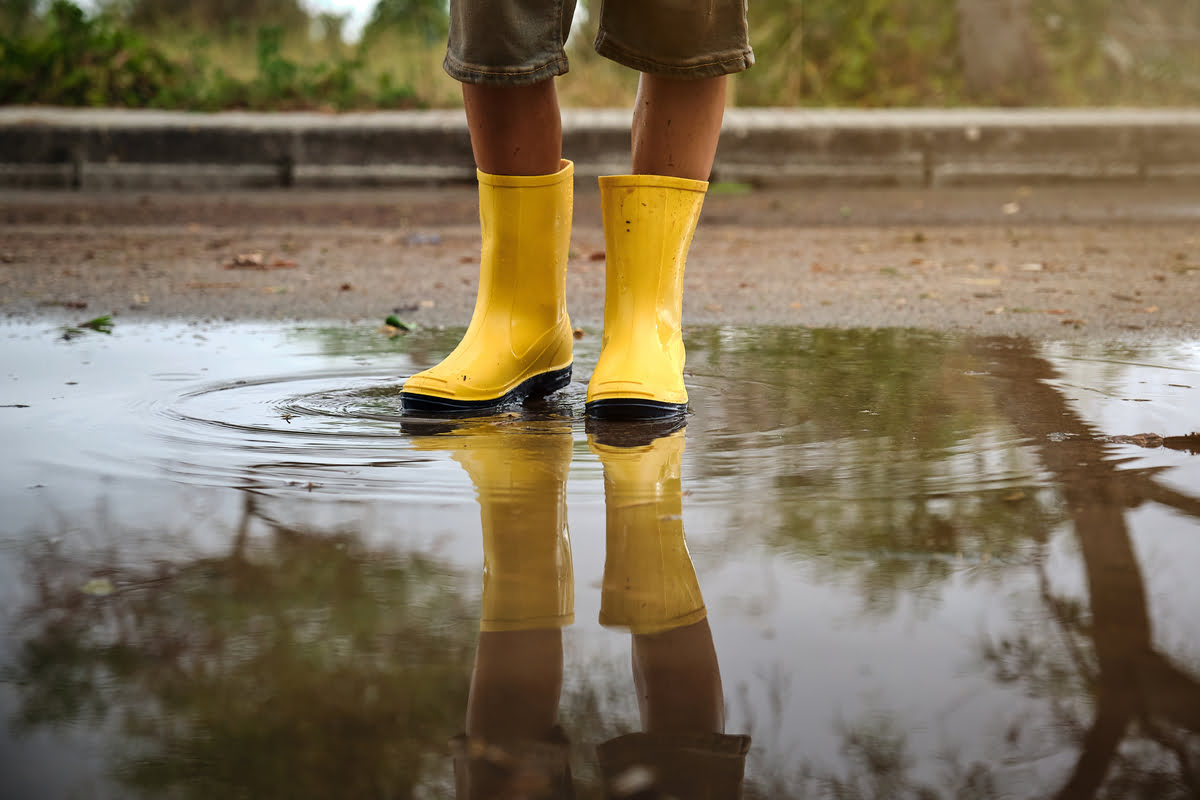While living in California, I traveled to Colorado on business, booked into a nice hotel and settled in to get ready for a meeting the following morning. I woke to snow and temps in the low 30s.
There I was in open-toed shoes and a light sweater, trying to break through some kind of frozen material on the car’s windshield that looked a lot like ice and snow.
Normally, I would have chalked it up to poor planning and forgotten about it. But this was different. As I stood there in the snow, chipping away at the windshield, feeling more foolish than cold, I kind of panicked. In just a few months, my husband and I, our business and all that we owned would be moving to Colorado!
All I could think was, how do people manage to live in cold without the weather majorly interrupting their lives and messing with their minds? Friends have assured me it’s not difficult, provided you “have the right clothes, and you know how to layer.”
Sounds easy enough if you know what that means. But I didn’t. So, I asked readers who congregate at the Everyday Cheapskate Facebook page (Facebook.com/everydaycheapskate).
People are also reading…
Within minutes, expert information based in real-life experience began pouring in. This is what I learned.
Layer up
Proper winter dressing means three layers: wicking, insulating and protecting.
Wicking is the layer worn next to your skin, usually consisting of long underwear. This means the fibers will wick (move) moisture away from your skin and pass it through the fabric, where it will evaporate. This keeps you warm, dry and comfortable.
Readers were divided on the details of this wicking layer. The majority of my advisers recommended silk thermal underwear, saying that’s the secret of happy people in winter weather. Others were equally passionate about the brand Cuddle Duds because they fit so well and are so warm and comfy.
Insulating is the middle layer and includes sweaters, sweatshirts, vests and pullovers. The purpose of this layer is to keep heat in and cold out, which happens when air gets trapped between the fibers. Popular insulation materials include fleece, a synthetic material that works well to insulate because it dries quickly, and wool, which naturally wicks away moisture.
Protection is the exterior layer, like a jacket and pants or a coat that serves as protection against the elements of winter. The protection layer should repel water from snow, sleet or rain. It should also block the wind while allowing perspiration to evaporate.
Most genuine winter shells and pants are made waterproof and breathable to some extent by using tightly woven fabrics that have a coating or laminate. This keeps moisture on the outside but allows perspiration to escape, keeping you dry and comfortable.
Accessorize
Headwear is essential because most of the body’s heat escapes from an uncovered head. I was seriously excited as I realized the very real need I was about to encounter — to knit more hats, headbands and beanies!
Socks. Oh, my. My readers who responded to my cries for help really do know their socks and totally convinced me that we’d each need a pair of SmartWool socks. I was skeptical. I mean, really, aren’t socks just socks? A bit of research convinced me that my readers are pretty smart — about wool. SmartWool socks are made from a perfect blend of merino wool, nylon and elastane. They’re engineered to be ideal for cold weather by addressing all of the problems regular socks and winter can produce (too hot, too cold, too tight, too bulky, too stinky).
There’s no doubt that preparing for our first winter required an investment of time and money. There’s always a trade-off, and we were thankful for the opportunity to get prepared well in advance.
Now in our seventh Colorado winter, I can report that my fans and followers who live where it gets cold in winter are no dummies. Thanks to all of you, I believe we’re nearing expert status ourselves on this matter of how to love the winters here in Northern Colorado!
Mary Hunt writes this column for Creators Syndicate. She is the founder of www.EverydayCheapskate.com, a lifestyle blog, and the author of “Debt-Proof Living.” Submit comments or tips or address questions on her website. She will answer questions of general interest via this column, but letters cannot be answered individually.





